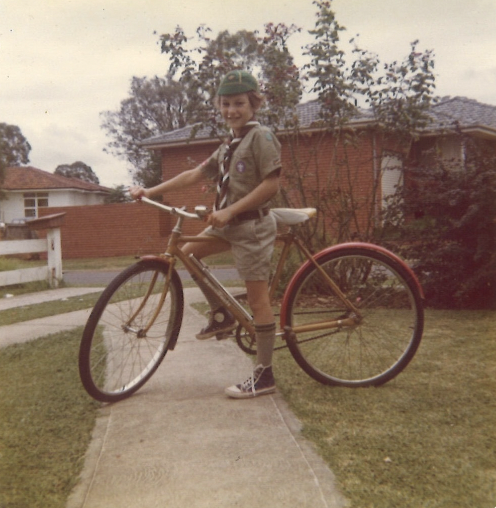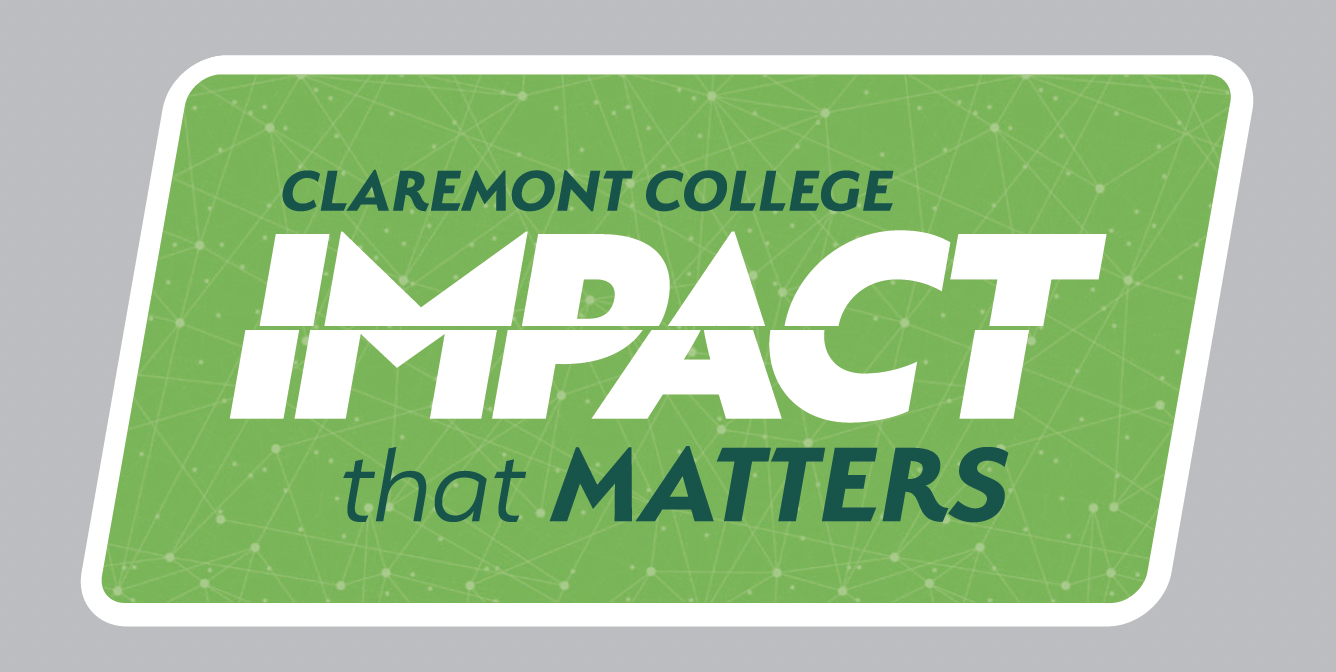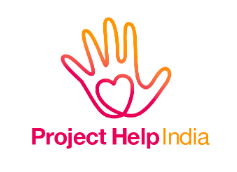 At a parent function last week I shared some recollections from childhood. For me, when I was a child, one of the greatest joys was the opportunity to experience nature. Firstly, may I preface that back in the seventies when I was growing up, I was essentially allowed to ‘roam the street’. As a child I would ride my bike anywhere in my home town of Ingleburn. Here I am on the morning of my 9th birthday in my Cubs uniform and favourite 'gym boots' (I got the bike for my birthday), so pleased and proud. My family’s rule was that wherever I was, I had to be back home 5 minutes after the street lights went on in the evening. Otherwise I was in big trouble! On weekends I was given greater latitude and allowed to ride my bike a few miles to the Georges River. Here, my friends and I would swim unattended and unsupervised at the local swimming hole. I have many wonderful memories of catching butterflies, guppies, yabbies and the occasional wild budgerigar. I have no doubt that these experiences shaped my resilience, risk taking, sense of adventure and love of nature. Jump forward 30 years to the time my three kids were all primary aged, some of our family’s most precious memories include long days and late evenings spent playing and swimming together at Coogee Beach, and a holiday shack in the ‘middle of nowhere’ north of Tamworth that we would visit for holidays twice a year. It was in this rural location that we soaked up the walks in the bush, seeing the kangaroos, sitting around campfires and looking up at the stars at night. We all still miss that place so much - it was a haven for a decade’s worth of family holidays. Reflecting on these memories, I recognise that it is now a challenging time to be a parent, as we battle the ever increasing pull of screen time and indoor co-curricular activities. There is a growing body of literature and research that shows positive correlations between experiences of nature, unstructured exercise and playing (this does not include a soccer or netball coaching camp as an example) and time spent outdoors with positive mental health outcomes for children, adolescents and further into the later years of life. I highly recommend this book by Pasi Sahlberg (2019) ‘Let the Children Play: How More Play Will Save Our Schools and Help Children Thrive’. The Amazon synopsis for this book says the following; ‘Play is how children explore, discover, fail, succeed, socialise, and flourish. It is a fundamental element of the human condition. It's the key to giving school children skills they need to succeed - skills like creativity, innovation, teamwork, focus, resilience, expressiveness, empathy, concentration, and executive function. Expert organisations such as the American Academy of Pediatrics, the National Academy of Sciences, and the Centers for Disease Control agree that play and physical activity are critical foundations of childhood, academics, and future skills’ So, what can we do with our awareness of this knowledge? My encouragement, which draws on my experiences as both Principal and a father of three, is to create opportunities for time together - exploring rockpools, playing games at the park, hiking, swimming at the beach, a farm-stay holiday (with no kids club), and so much more. There are so many fabulous places to explore in our local area, across Sydney and its surrounds. Enjoy your children for ‘who they are now’, not who they are going to be, or who you hope them to be one day. Really see them for who they are and celebrate their talents, interests, personality and character. Laugh together. Tell your kids that you believe in them, share stories from your own childhood, have fun playing together and in doing so, you will create formative experiences and precious memories. As you do this, you are sowing into what I believe is ‘the’ most important of all life stages - childhood. Remember that spending time with family was one of the things we valued about the COVID lockdowns? How quickly we can move on from that awareness and be pressured back into the frantic pace of our lives.
0 Comments
Leave a Reply. |
claremont.nsw.edu.auarchives
June 2024
categories |

